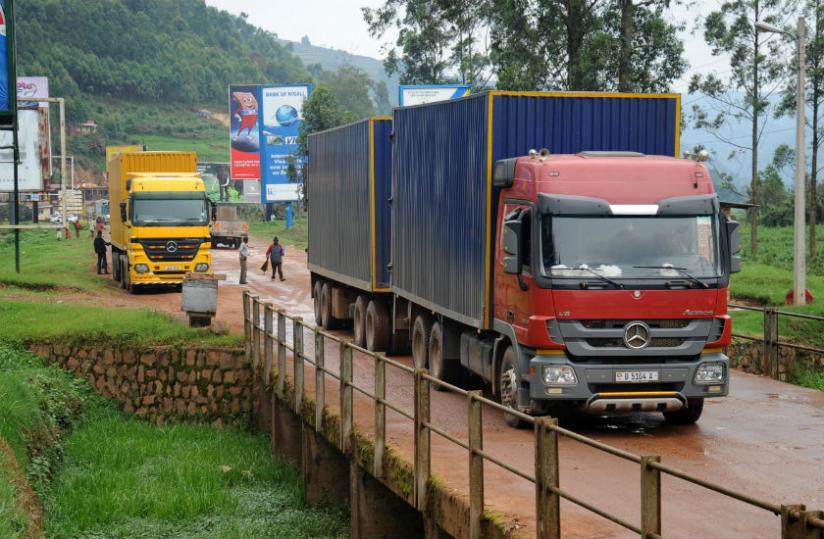Three out of the five East African Community (EAC) partner states have been ranked among 24 worst performers of the 144 surveyed countries in the 2014-2015 World Economic Forum's Global Competitiveness Report.


Three out of the five East African Community (EAC) partner states have been ranked among 24 worst performers of the 144 surveyed countries in the 2014-2015 World Economic Forum’s Global Competitiveness Report.
According to the annual report, released on Tuesday in Switzerland, Rwanda and Kenya are the only East African nations that made the top 100 countries, with the former retaining its position as the most competitive EAC economy, and ranking 62nd worldwide, while Kenya came in the 90th position globally.
While it is good news that Rwanda moved up four places in the global ranking and remains the third most competitive African economy after Mauritius and South Africa, that neighbours and EAC partners Tanzania, Uganda and Burundi are considered to be among the least competitive economies (121st, 122nd and 139th, respectively) in the latest ranking calls for immediate action.
With the EAC partner states increasingly seeking to sell themselves to the business world as well as holidaymakers as a single destination of choice, it is critical that member states, individually and collectively, move to initiate and implement the requisite structural reforms that truly facilitate the delivery of the East African dream – which can only be realised through improved competitiveness.
Needless to say, the factors that inform the Global Competitiveness Index and indeed other such global rankings, including the World Bank’s annual Doing Business Report, are the very ones that have a direct impact on the quality of life of citizens and their aspirations.
Such reports should not just serve as a tool to gauge how the region fairs vis-à-vis the rest of the world but rather as an instrument of self assessment with view to make the necessary adjustments if regional countries and their citizens are going to count in the wider, global scheme of things.
EAC member states cannot afford to be seen as having legal frameworks that are unfriendly to businesses or not doing enough to ensure a stable macroeconomic environment, a skilled and healthy workforce, accessibility to markets and basic utilities, among others.
In recent years, partner states that are served by the Northern Corridor, especially Kenya, Uganda and Rwanda, have taken giant steps toward making integration more meaningful by removing travel restrictions and trade barriers, embarking on joint major infrastructure projects and combining efforts in attracting tourists.
That’s unprecedented in this part of the world and should be applauded by all. But the other partner states too should come on board as soon as possible, and the same spirit extended to other domestic issues that need to be addressed to not only enhance the region’s collective bid to attract high-end investors and tourists but also to improve people’s welfare.
If each member state genuinely takes steps to address competitiveness issues the entire region will benefit immensely.


